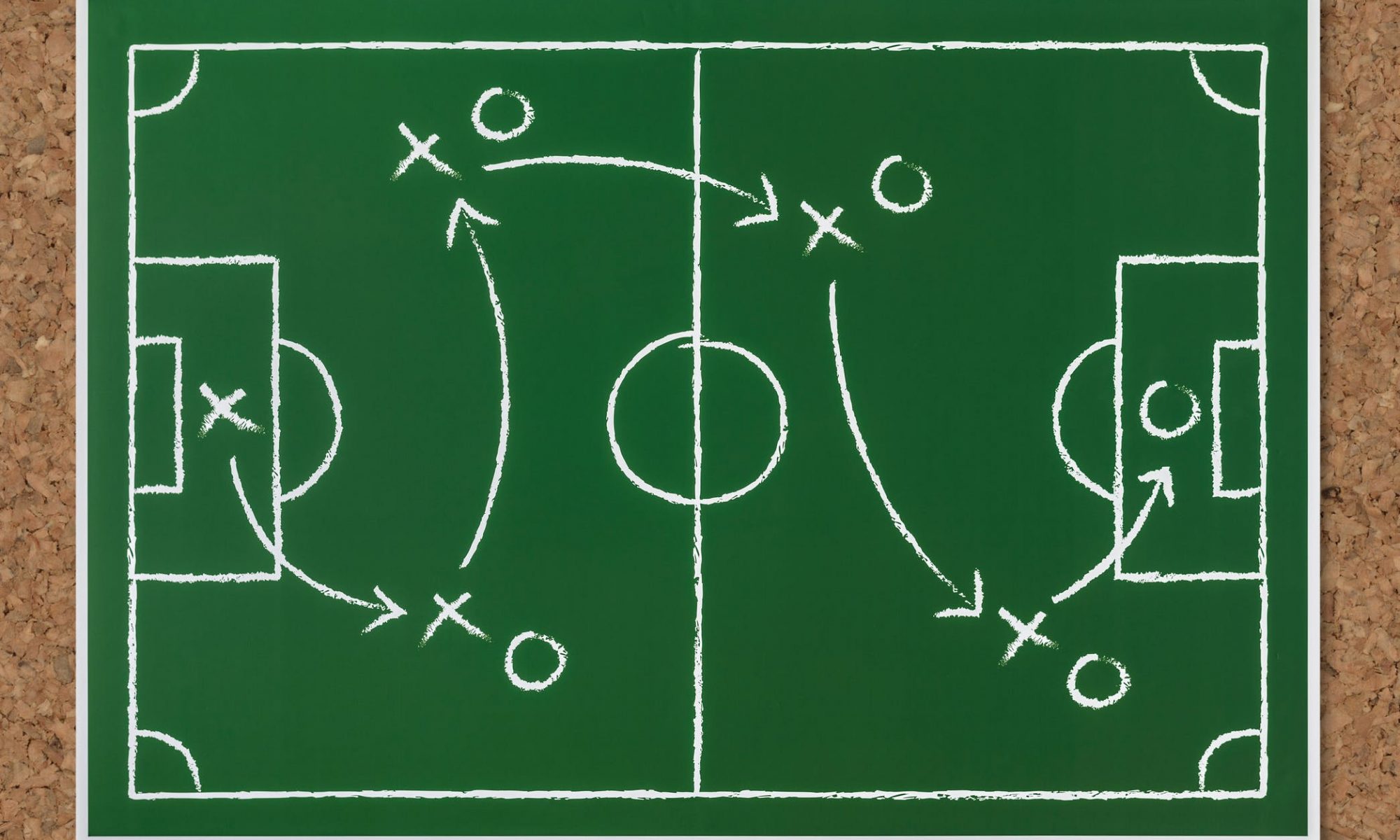A tautology is a statement that is always true because it basically affirms itself. “A bachelor is an unmarried man” if often quoted as an example of a tautology. Bachelor and unmarried are basically two different ways to say the same thing.
All true statements in formal logic and mathematics are tautologies. So “2+2=4” is a tautology because if you look at set theory that is the underlying mathematical structure of “2+2=4” you can see that both sides of the “=” are basically the same. So within formal logic and mathematics, tautologies are very useful. Because, although all the information that you get with a tautology in formal logic or mathematics was already there, we limited humans learn new ways to make use of mathematics and formal logic this way. So we actually learn something.
This is not the case outside of formal logic or mathematics. In the real world you don’t learn anything from a tautology. If you know both words “bachelor” and “unmarried’, you don’t learn anything when I tell you that a bachelor is actually also unmarried. You already knew that when you learned the word “bachelor”. So while tautologies have limited use when used in mathematics and formal logic, they are pointless in the real world.
For football this means that it is important to avoid tautologies everywhere, especially in an analysis. Here is an example of using a tautology to come to a conclusion (which is pointless):
“All in all, Nagelsmann’s Leipzig were capable of winning against Marco Rose’s Gladbach due to their effectiveness in the first half as well as their counter-attacking threat throughout the whole game. Leipzig overall created much bigger opportunities and therefore also deserved the win as the xG values prove.”
Can you spot the tautology? In the real world they are harder to spot because we don’t use the “=” sign. The tautology in the above quote is that Leipzig won due to their effectiveness. Not only is this a cause and effect statement with all issues of those kind of statements, but is also a tautology. This is due to the fact that effectiveness in football means winning. Nobody writes “Gladbach lost due to their effectiveness”. That is a really weird sentence. In philosophy we call these sentences “deviant sentences” because we intuitively know that there is something wrong with these kind of sentences, even though they are grammatically correct. The best example is “The submarine swam through the sea.” It is grammatically correct, but nevertheless very wrong.
The same goes for “Gladbach lost due to their effectiveness”. But here the reason why this sentence is deviant, is that effectiveness so closely related to winning that it makes no sense to link it to losing. But given that effectiveness is so closely related to winning, claiming that a team won because of its effectiveness is a tautology that doesn’t inform us of anything.


